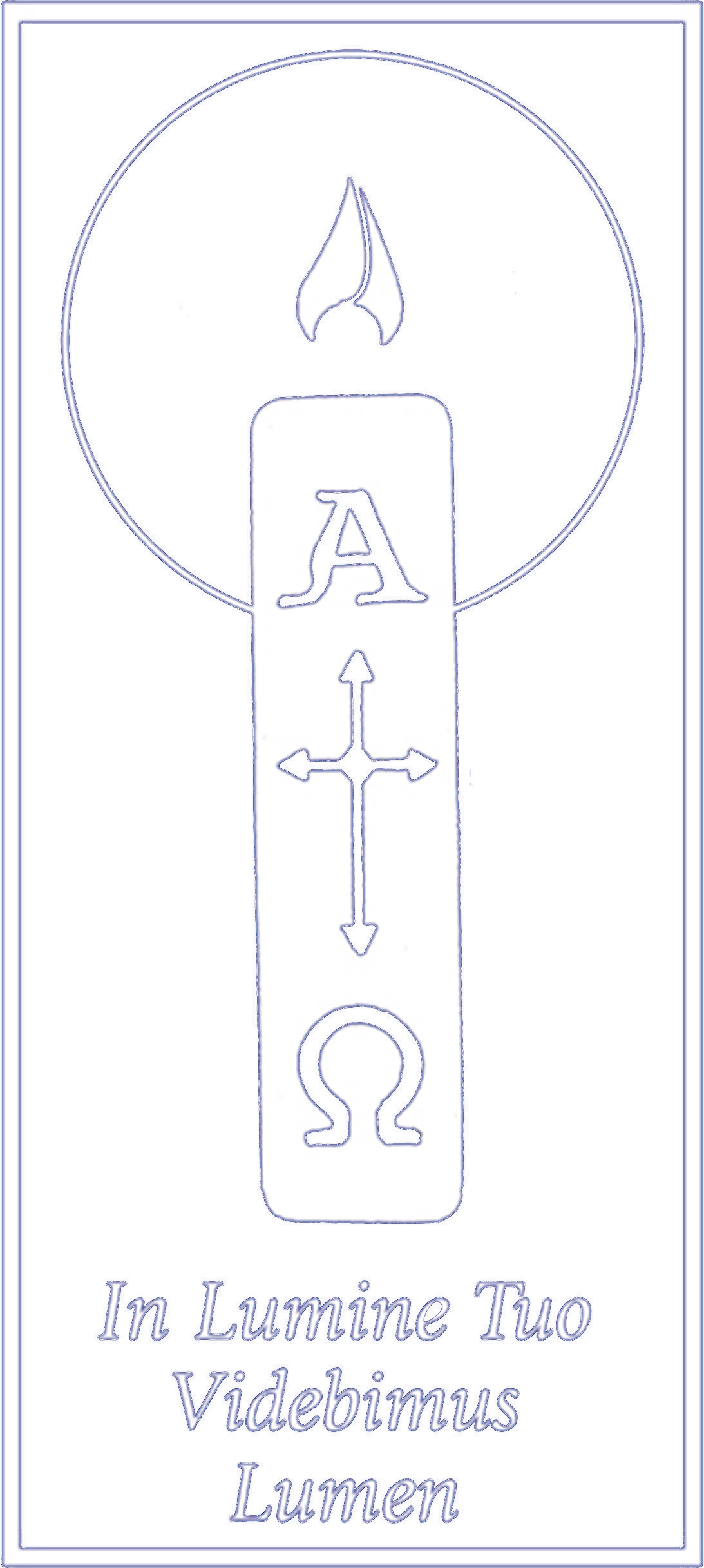WEBINAR: Disease and the Problem of Evil

Cosponsored by America Media, the Society of Catholic Scientists, the Saint Benedict Institute, the Beatrice Institute, the Collegium Institute, the Nova Forum, and the Program on Religion and Medicine at the University of Chicago. This program is made possible by a grant from the John Templeton Foundation.
Whether caused by pathogens, environmental exposure, or genetics, disease is typically understood to be an unwarranted and unwanted removal from one’s normal condition of good health. While a natural phenomenon, disease raises classic questions of theodicy. If illness is a privation of the good of health, should we also understand disease to be an evil? How can science, theology, philosophy, and literature help us to account for the occurrence of deadly diseases and the suffering that results from them?
In this moderated conversation, Stephen Meredith, professor of pathology and molecular biology at the University of Chicago, and Jeffrey Bishop, healthcare ethicist and professor in philosophy and theology at Saint Louis University, will engage these questions and others surrounding disease and the problem of evil.





